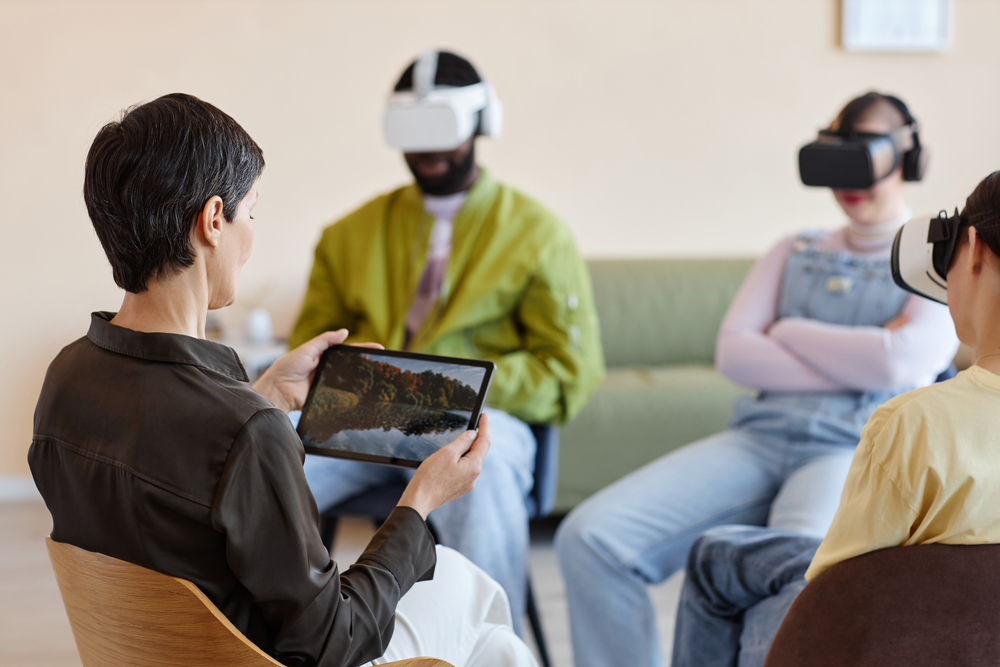Mental Health Tech: How Technology Supports Mental Wellness in 2025
Posted in Wellness | By Yasmin S.

In 2025, mental health technology is playing a bigger role than ever before. The demand for mental health support continues to rise worldwide, and innovative technologies are making care more accessible, effective, and personalised.
Many people today experience anxiety, depression, or stress-related conditions. Traditional therapy is still important, but mental health tech offers new options for those who cannot visit a therapist regularly or prefer self-guided care.
AI-Based Mental Health Apps
Artificial intelligence (AI) is at the heart of many new mental health apps. These apps can:
- Assess your mood through daily check-ins
- Provide cognitive behavioural therapy (CBT) exercises
- Guide relaxation and mindfulness sessions
- Suggest personalised mental health plans based on your inputs
Because AI can analyse patterns in user responses, these apps adapt recommendations to suit each individual. This makes mental health support more accessible to people anytime and anywhere, whether at home, work, or during travel.
Virtual Reality (VR) Therapy
Virtual reality is also transforming mental health care. VR therapy creates safe, controlled environments where people can:
- Face fears and phobias gradually
- Process traumatic memories under professional guidance
- Practice relaxation and breathing techniques in calming virtual settings
For example, patients with PTSD can re-experience and process traumatic events through VR exposure therapy, guided by a therapist, to reduce emotional distress and gain better control over their reactions.
Breaking Stigma and Increasing Access
One of the greatest benefits of mental health tech is its ability to reduce stigma. Many people avoid therapy because of fear or embarrassment. Apps and VR tools provide private, discreet options that encourage more people to seek help.
Moreover, mental health tech reaches communities where access to professional therapists is limited. In rural areas or countries with few mental health specialists, these technologies bridge critical gaps in care.
The Future of Mental Health Tech
As we move further into 2025, mental health technology will continue to evolve. Hospitals and clinics are integrating these tools into treatment programs. AI is expected to become even more sophisticated in detecting early signs of mental health issues, while VR will expand into group therapy, stress reduction programs, and workplace mental health training.
Mental health tech is not a replacement for professional care, but it is a powerful partner. By combining technology with traditional therapy, the world can build a future where mental wellness is accessible to all.
Visit us at: https://stherb.com/product-category/products/



